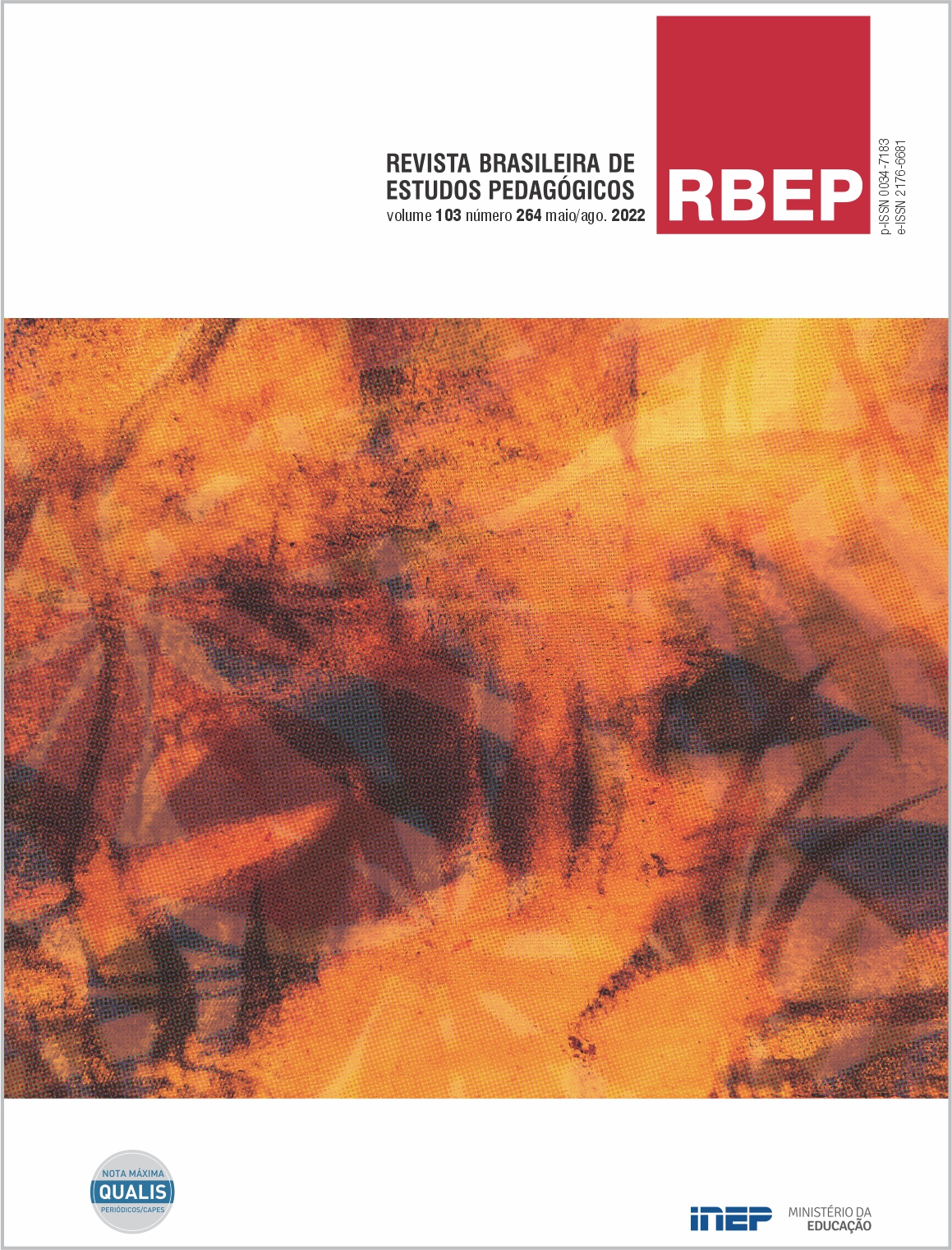Autism at school: from a stigmatizing social construction to the recognition as a human condition
Abstract
This theoretical article presents arguments to corroborate the recognition of autism as a human condition in opposition to how it is presented as a set of stigmatizing deficits. To this end, this article is supported by Hannah Arendt’s studies of the human condition and the extended thought; the appreciation of communication between differences and social justice that emerge from Iris Young’s work; the relational and humanizing perspective present in Paulo Freire’s work; and Temple Grandin’s understanding of autism from within. It is observed that putting into practice an educational listening, involved in understanding autism as a human condition, as much as the analysis – critical, constant and joint – of discourses that deny the ability of autistic people to equal participation in social, cultural and political life, can consolidate a true encounter, learning and human growth in plurality.
Downloads
Copyright (c) 2022 Brazilian Journal of Pedagogical Studies

This work is licensed under a Creative Commons Attribution 4.0 International License.
Once their work is accepted for publication, author’s copyrights are automatically relinquished to the National Institute for Educational Studies and Research Anísio Teixeira (Inep).
Since 2016, the journal Revista Brasileira de Estudos Pedagógicos (RBEP) uses the licence CC-BY.
Partial or total reproduction of the content of this Journal is permitted provided that the original publication is properly referenced, as well as a link to license CC BY 4.0 and to indicate any possible alterations made to the article.




















